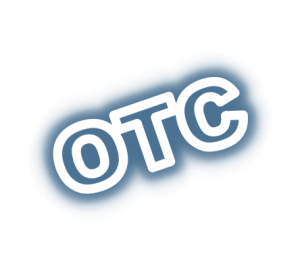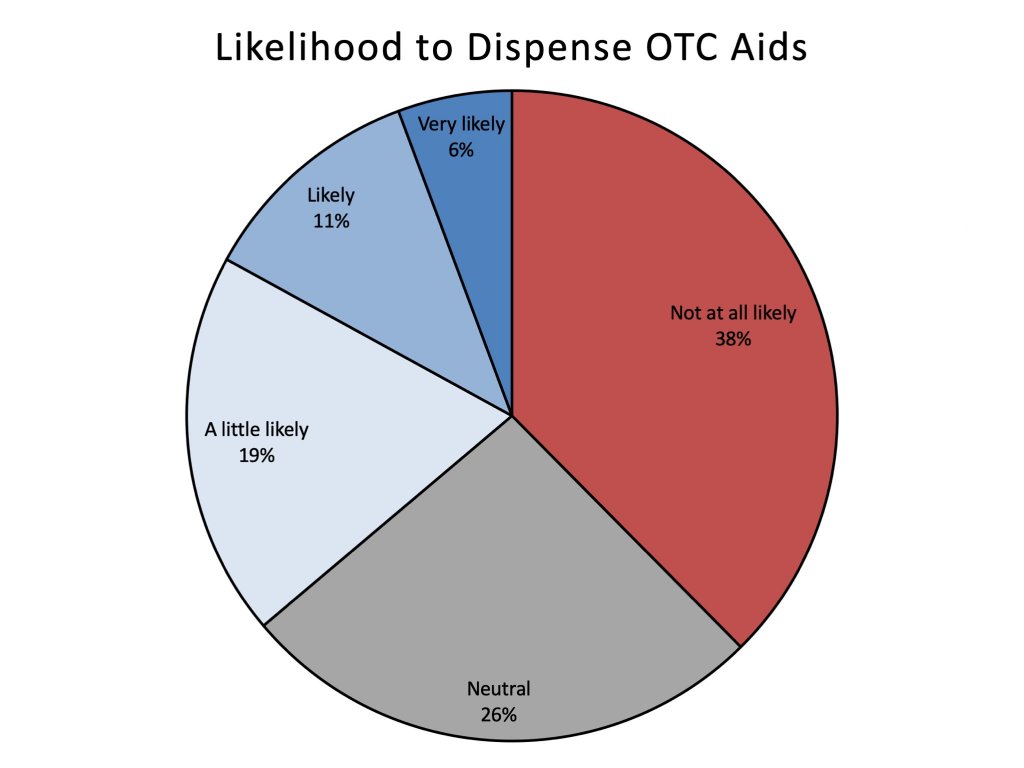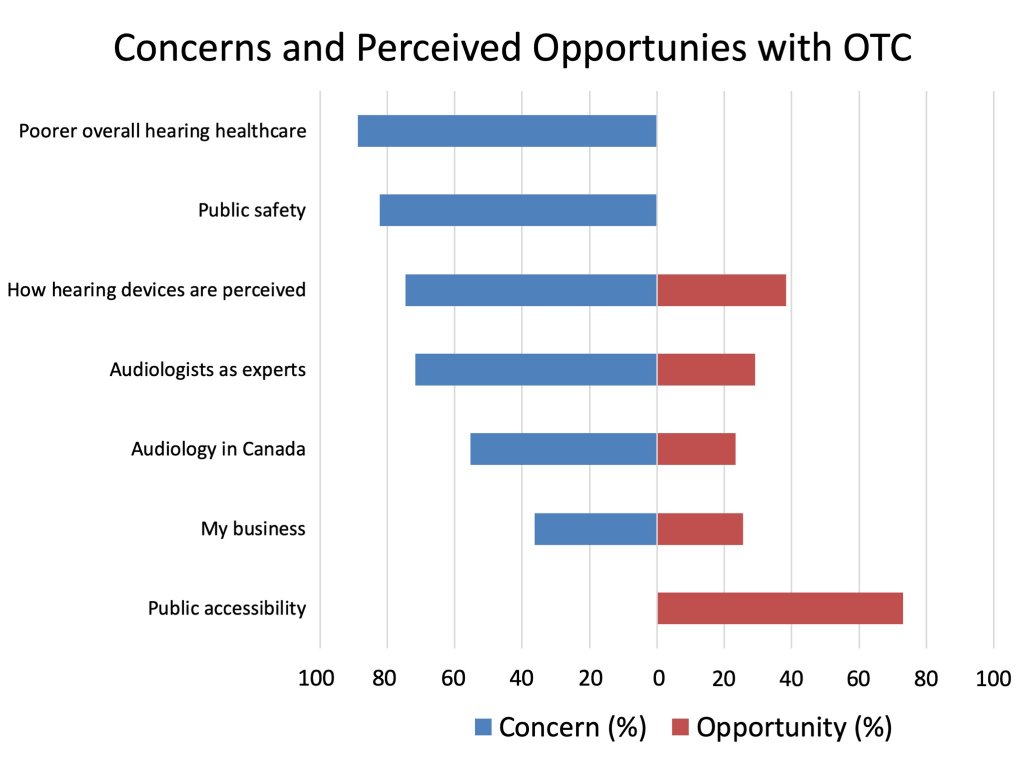Over-the-Counter Hearing Aids—The Canadian Perspective
 In light of the move in the US to create a new standard for over-the-counter hearing aids, the CAA formed an OTC working group in 2018, to assist the CAA with the development of a position and strategy for addressing OTC hearing aids—should they also become more widely available in Canada. As the first step in this plan, our goal was to find out what Canadian audiologists are thinking concerning OTC hearing aids, and to this end, we conducted a survey in late 2018 and early 2019. The short 11-item survey focused on three topics: the likelihood that the respondents would choose to dispense OTC hearing aids, concerns about OTC hearing aids, and perceived opportunities.
In light of the move in the US to create a new standard for over-the-counter hearing aids, the CAA formed an OTC working group in 2018, to assist the CAA with the development of a position and strategy for addressing OTC hearing aids—should they also become more widely available in Canada. As the first step in this plan, our goal was to find out what Canadian audiologists are thinking concerning OTC hearing aids, and to this end, we conducted a survey in late 2018 and early 2019. The short 11-item survey focused on three topics: the likelihood that the respondents would choose to dispense OTC hearing aids, concerns about OTC hearing aids, and perceived opportunities.
We heard from 135 audiologists and 6 non-audiologists from across the country, with responses from all provinces and territories excepting Prince Edward Island, Nunavut and the Yukon. Slightly less than half were from Ontario, with about 20% from the Prairie Provinces, 15% from British Columbia, 10% from Atlantic Canada and 5% from Quebec. Approximately 60% of the respondents worked primarily in private practice, 20% in hospitals or public practice, and the remaining 20% in other settings including industry, university clinics, and research.
Interestingly, while most (~85%) dispensed hearing aids, approximately 15% also dispensed personal sound amplification products (PSAPS), and 7% dispensed hearables. Thus, a significant number of Canadian audiologists are already incorporating OTC-like products into their practices (see our earlier article for the distinctions between OTC hearing aids, PSAPs, and hearables). Moreover, 46% of audiologists reported seeing patients in the past year who had acquired OTC products elsewhere. OTC hearing aids are here.
When asked about the likelihood of dispensing OTC products if they were to become more widely available, 17% reported that this was likely or very likely (see Figure 1), 18% reported that it was a little likely, and 26% were neutral. Finally, 38% indicated that this was not at all likely. In other words, there is an almost perfectly even split between the number of audiologists who responded that they are at least a little likely to dispense OTC products (37%) and those who responded that they are not-at-all likely (38%), with the remainder staying neutral (26%).

When asked about whether audiologists were concerned about OTC hearing aids becoming more available, only 9% expressed no concern, and 11% were neutral. Thus, most audiologists expressed some level of concern (80%), with 31% a little concerned, 30% concerned, and 20% very concerned. The nature of the concerns varied, with the highest percentage (89%) indicating concern that this would result in poorer overall hearing health care (e.g., misdiagnosis or a lack of referral), and 82% indicating a concern with public safety. A further 74% expressed concern with how OTC distribution would impact how hearing aids are perceived. The remaining concerns focused on the professional side: 72% were concerned about how OTC hearing aids might impact the perception of audiologists as experts in hearing healthcare, 55% expressed concern about Audiology in Canada, and 36% expressed concerns about their business in particular.
Audiologists were also asked if they were encouraged by the prospect of OTC hearing aids becoming more available. The majority were not, with 42% not at all encouraged, and 29% neutral. On the other hand, some audiologists were indeed encouraged, with 17% being a little encouraged, and a further 12% either encouraged or very encouraged. These percentages are similar to the percentages of audiologists who have dispensed OTC-like products (15%) and who were more than a little likely to dispense OTC hearing aids if they become more available (17%).
Finally, we asked about perceived opportunities that might arise if OTC hearing aids become more available. The most common answer was public accessibility (73%). The next most common perceived opportunity was in how hearing aids are perceived (38%) followed by audiologists the experts in hearing health care (29%), their own business (26%) and Audiology in Canada (23%).
Overall, it is clear that audiologists are about equally split on whether or not they intend on dispensing OTC hearing aids. Most are concerned about OTC hearing aids to some degree, with the most common concerns being poorer overall hearing health care and public safety. On the other hand, most also see opportunities with OTC hearing aids, with the most common perceived opportunity being an increase in accessibility. Interestingly, with respect to most other considerations—how hearing aids are perceived, how audiologists are perceived as the experts in hearing health care, Audiology in Canada and their own business—audiologists saw both concerns and opportunities (see Figure 2).

Canadian audiologists have a nuanced perspective for OTC hearing aids. While most have concerns, most also see opportunities, and they are almost evenly split concerning whether they intend on embracing OTC hearing aids in their practices (and some are already using OTC-like products). At the risk of oversimplification, it appears that most see an opportunity for improved accessibility but also a risk of poorer hearing health care and public safety. It might be worth considering how we can be strategic in supporting the opportunity for improved accessibility while minimizing the risk of poorer hearing health care and compromised public safety.
In follow-up panel discussions, audiologists expressed the importance of providing a range of services beyond hearing aids, so that the hearing aid (whether OTC or not), is not the only focus of how we work with patients with hearing loss. As primary experts for hearing healthcare, this is critical. Another issue raised in discussions is that there are many ways in which audiologists could offer value-added services even with OTC aids, such as in supporting patients’ interactions with devices and providing real-ear verification, both of which are associated with better outcomes.
Ultimately, our primary goal as audiologists is to make a difference in the lives of people with hearing loss. Our success in addressing these challenges will determine the extent to which we can achieve that goal. Fortunately, while change is rarely easy, it is nothing new to our profession. We can do this.

